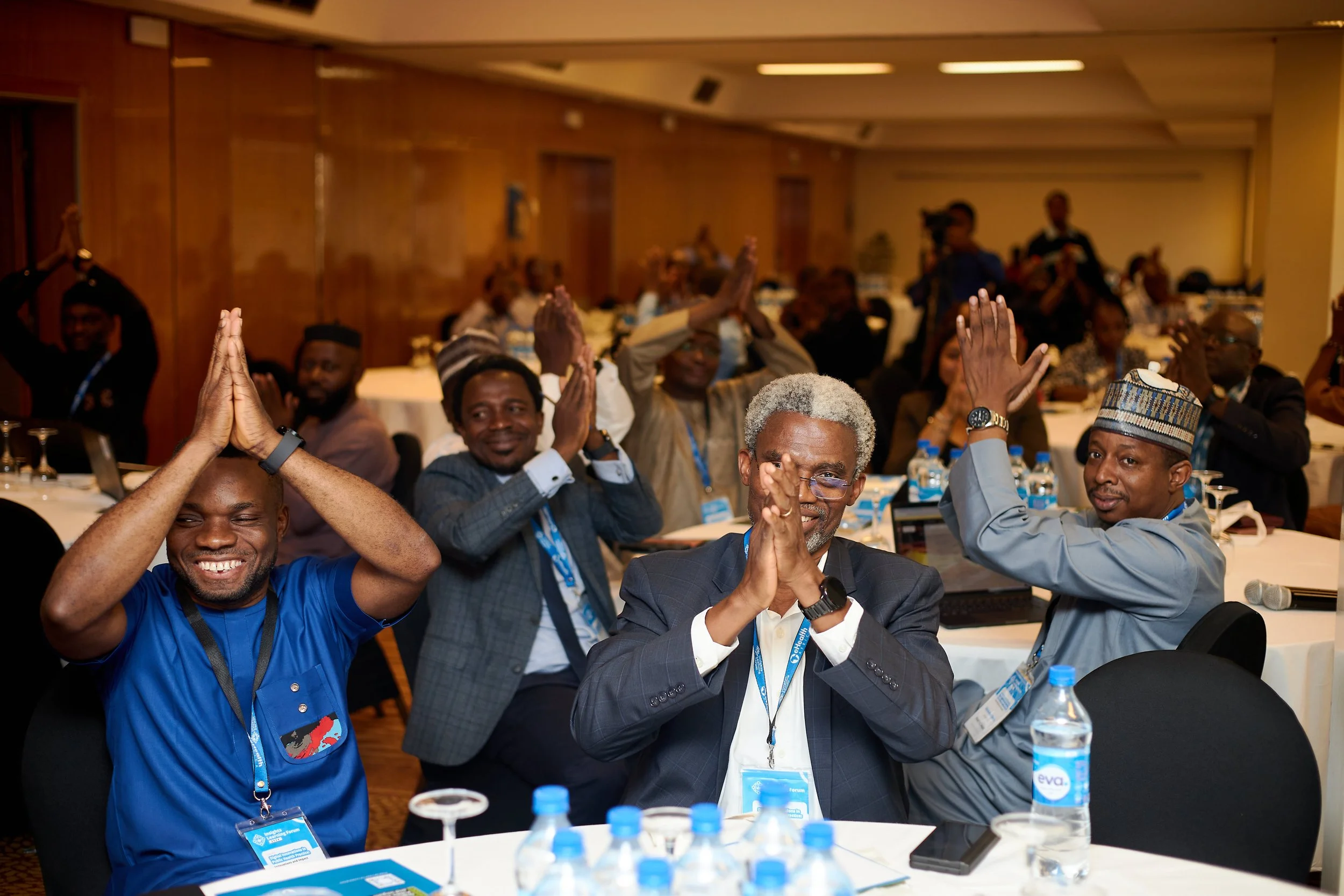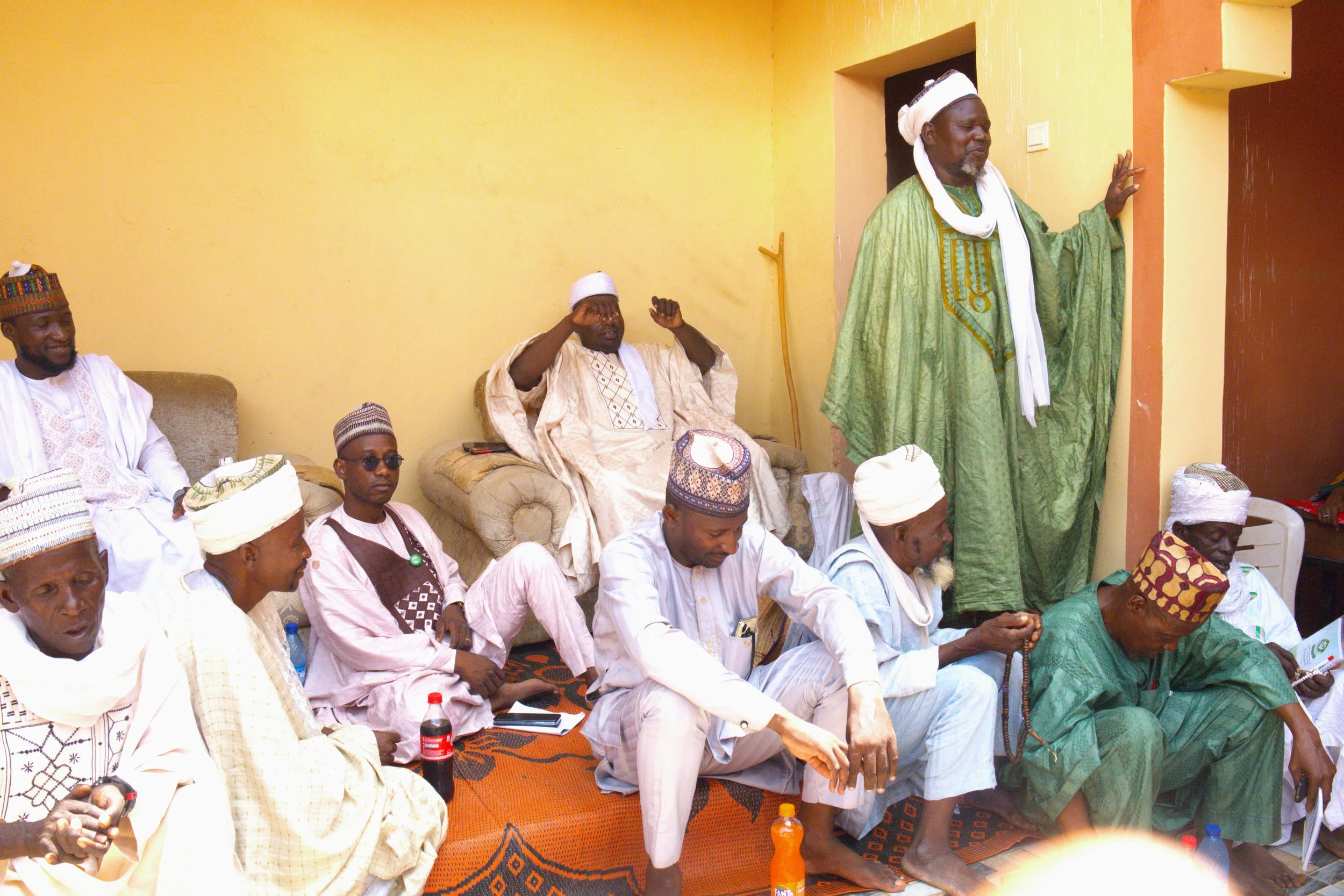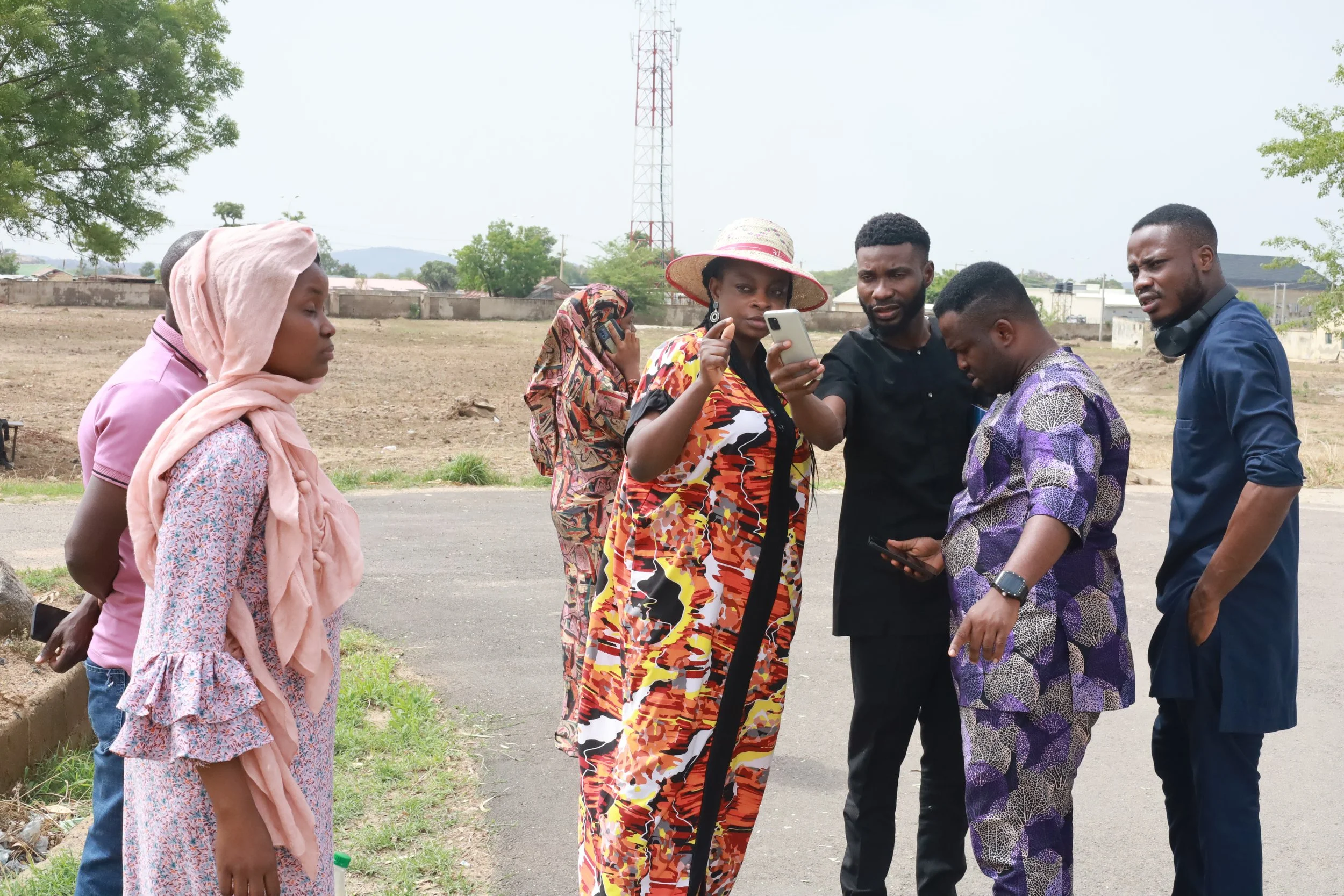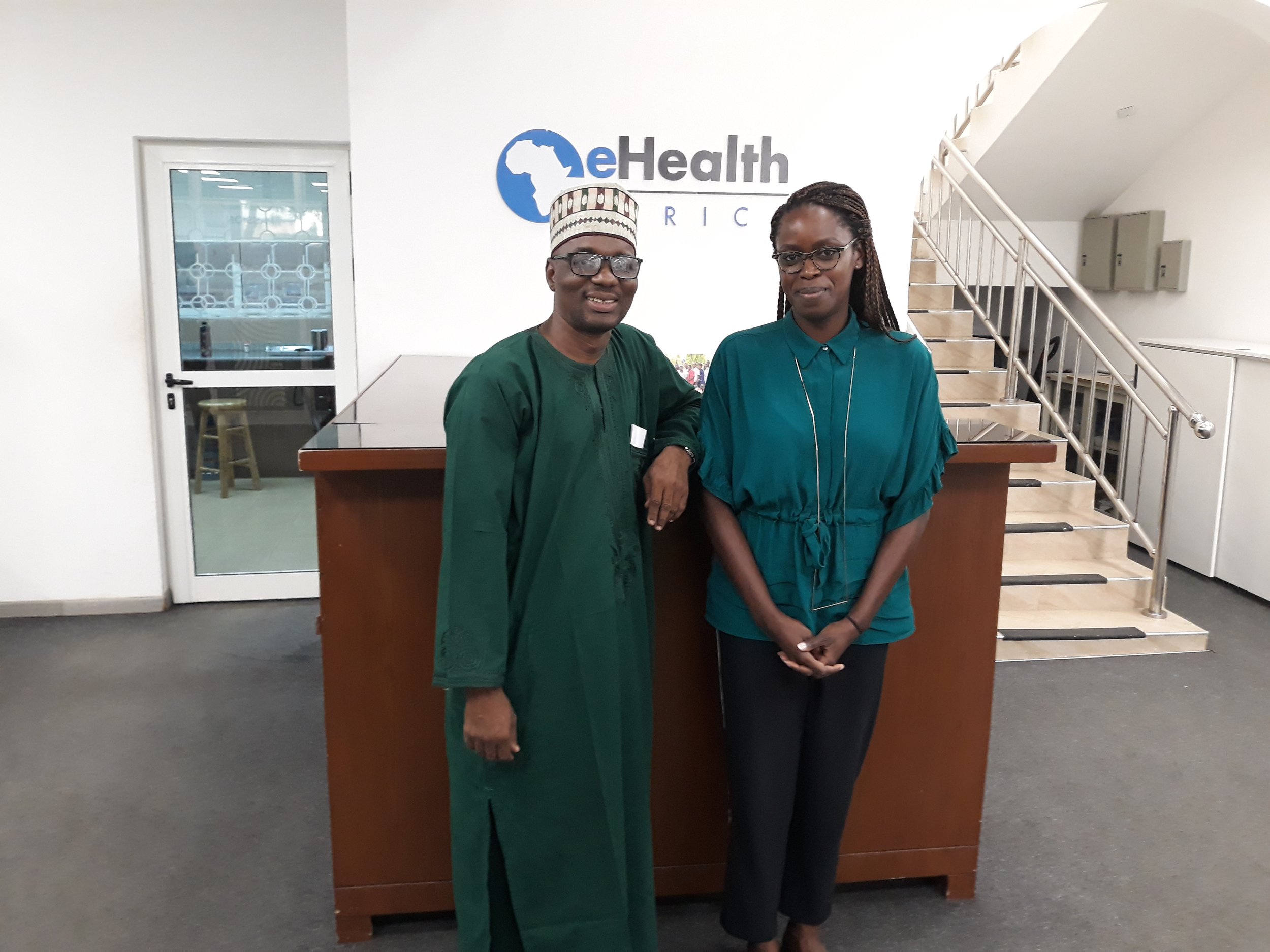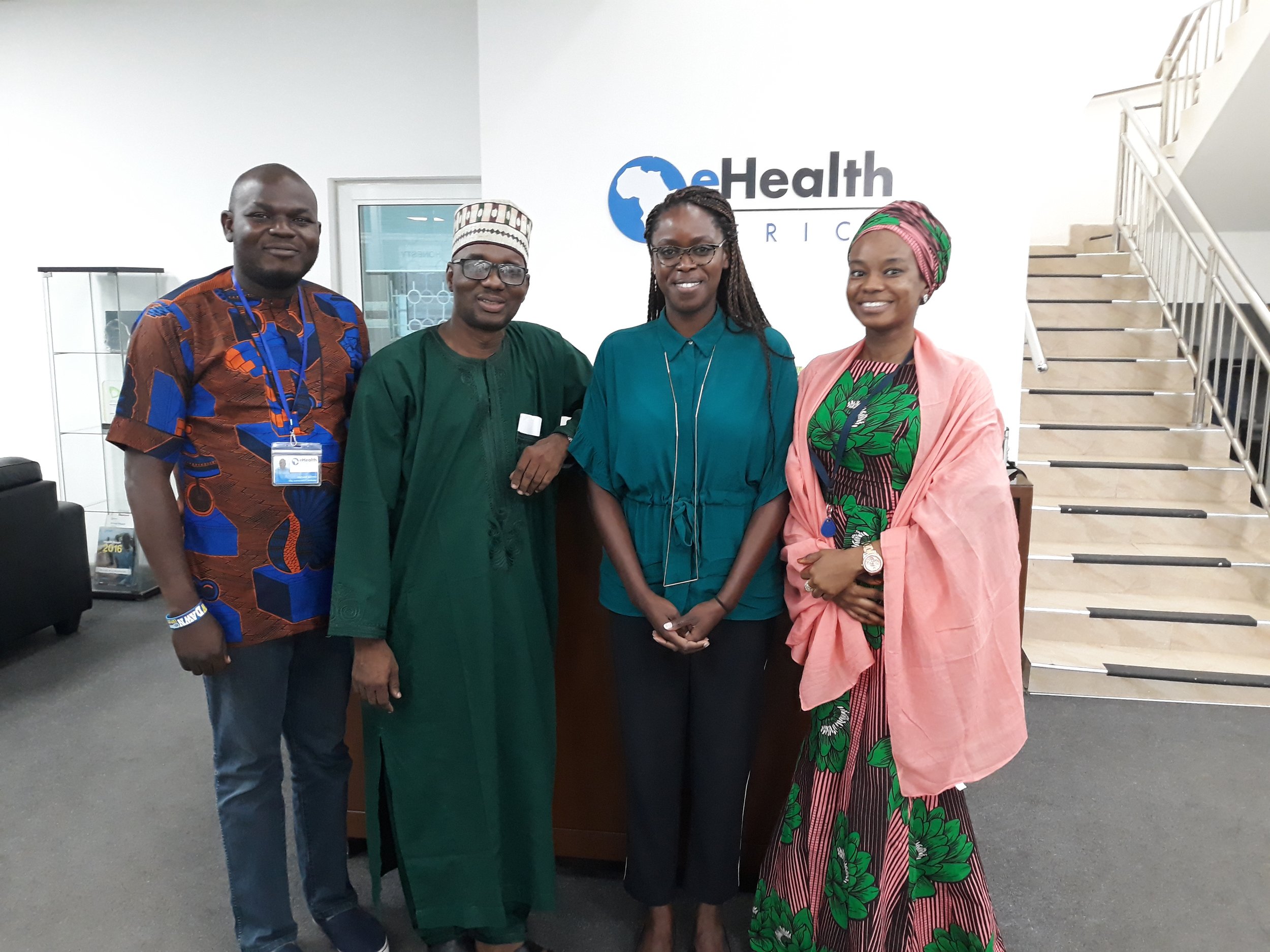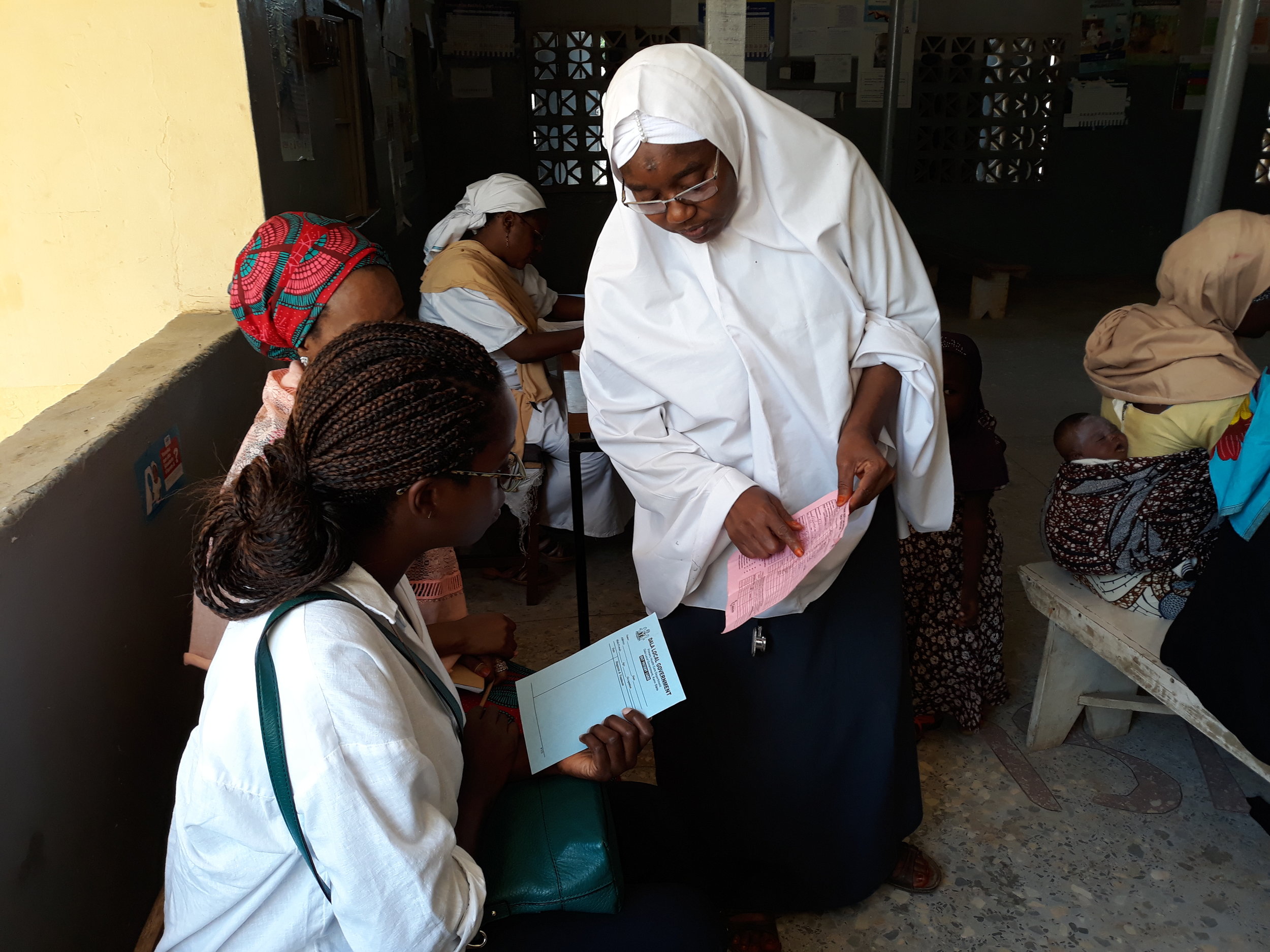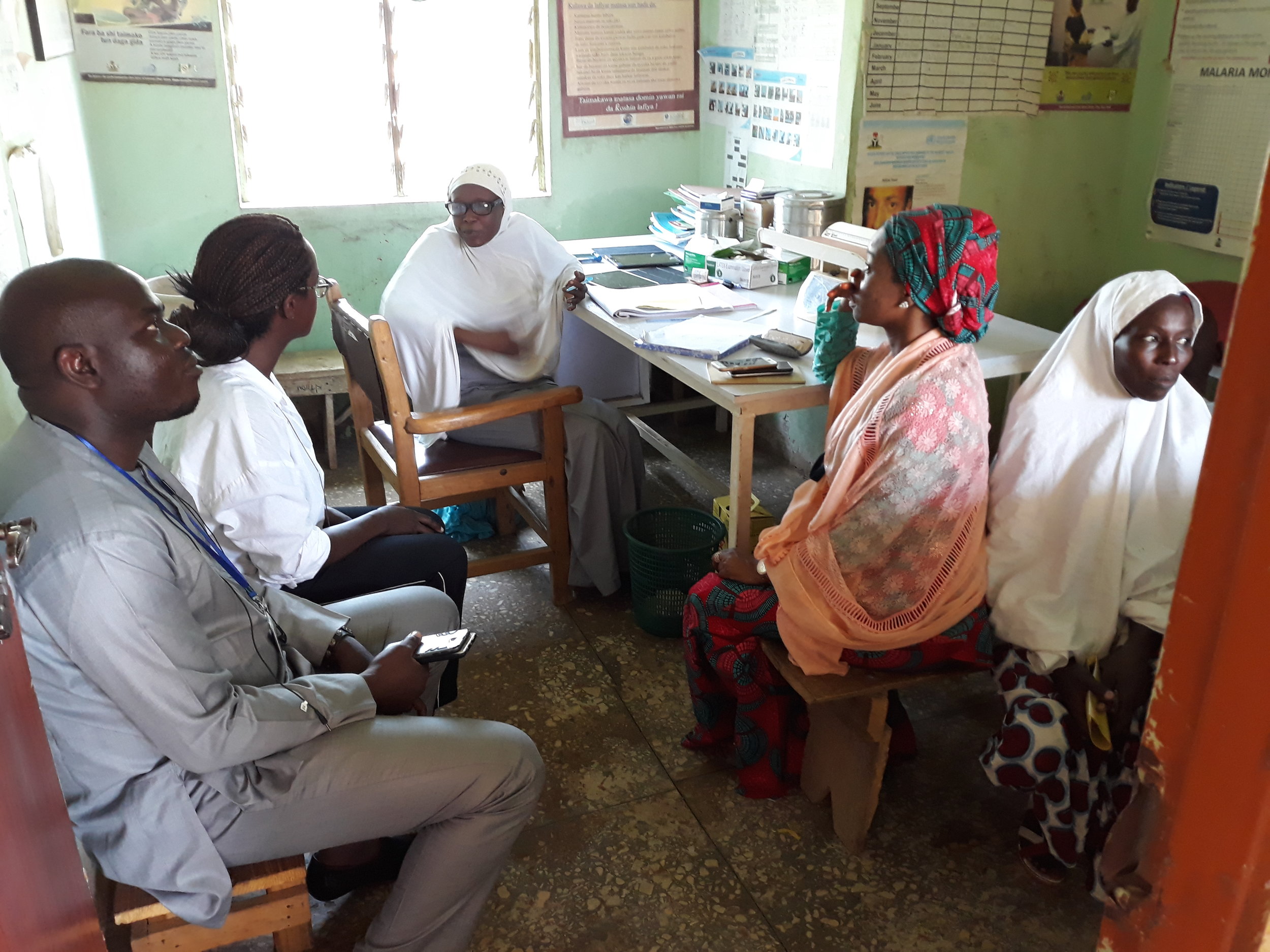By Adamu Lawan
The Challenge
In Northern Nigeria, vaccines are often unavailable at health facilities due to irregular deliveries. There are no systems in place to track inventory and movement of commodities between facilities and state cold stores. This has led to substantial stock outs of vaccines at last- mile health facilities and consequently, the inability of children under the age of one to access routine immunization services.
eHealth Africa’s solution
In 2013, eHealth Africa developed a logistics platform, LoMIS, to transport vaccines and dry goods from the state cold store to health facilities at the ward level that are equipped with cold chain storage facilities. The project was launched in Kano in 2014 and in Bauchi and Sokoto in 2015.
Following its success in the pilot LGAs of Bauchi State this year, the implementation of Vaccine Direct Delivery was scaled up to include an additional 148 health facilities in the northern clusters of Bauchi State.
The Impact

